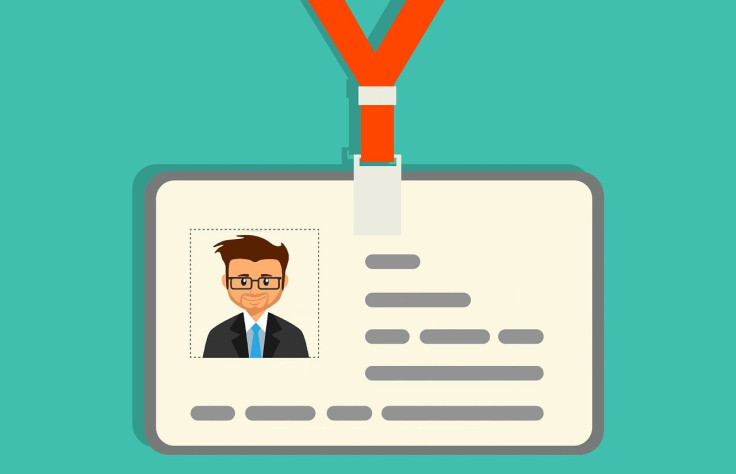UK to Launch Digital ID Cards — Here Are 7 Countries That Have Already Gone Digital
The last scheme was scrapped in 2011 due to concerns over privacy and cost

The UK is preparing to roll out a national digital ID system, a move the government says will make it harder for illegal migrants to work while giving citizens faster access to essential services.
Prime Minister Keir Starmer confirmed on 26 September that the scheme will be mandatory for Right to Work checks by the end of this Parliament. He said the new system would 'make our borders more secure' while helping ordinary people apply for things like driving licences, childcare support, and tax records more easily.
The UK has long resisted the introduction of ID cards; the last scheme was scrapped in 2010 due to concerns over privacy and cost. But the government insists this new approach is different, modelled on successful digital ID programmes in other countries. So how do those systems work and what lessons can Britain learn?
What Is a Digital ID?
A digital ID is essentially a secure, virtual record of your identity. It can include basic details like name, date of birth and residency status, plus biometric data such as fingerprints or facial scans.

Instead of providing multiple documents for different services, a digital ID allows people to verify themselves online quickly. Proponents argue it reduces fraud, protects privacy, and saves time. Critics, however, warn about cybersecurity risks, exclusion for those without smartphones, and potential surveillance.
According to analysts, over 5 billion digital IDs were issued worldwide in 2024.
7 Countries Already Using Digital IDs
Britain is arriving late to the digital ID party. While the UK is only now preparing its first national scheme, many countries have already introduced such systems, with varying levels of success and public acceptance.
1. Estonia
Often called the world leader in digital governance, Estonia has used its eID system since 2002. More than 99% of citizens hold one, enabling everything from online voting to healthcare access.
According to reports, the scheme is backed by blockchain security, making it a global benchmark.
2. Singapore
Launched in 2003, Singpass connects citizens to over 700 services, including tax returns and banking. Used by 97% of the population, it's widely trusted but raises concerns about centralised data storage.
3. India
India's Aadhaar is the largest digital ID system in the world, covering more than 1.3 billion people. Each citizen receives a 12-digit number linked to biometric data.
According to reports, it has reduced welfare fraud and streamlined services, although critics point to surveillance risks and errors in exclusion.
4. Sweden
Sweden's BankID was created by a group of banks and is now used by 99% of adults. It enables tax filing, healthcare bookings, and banking with one secure login.
However, the country is working on extra support for older citizens who struggle with digital tools.
5. Belgium
Belgium's electronic ID cards, in use since 2003, now link into a broader ecosystem, including the itsme app, used by 6.7 million people for both banking and government services.
6. Denmark
Denmark moved from NemID to MitID in 2021, creating a mobile-first system. Over 90% of Danes now use it for banking, taxes, and healthcare. However, critics argue that the transition has been challenging for less tech-savvy groups.
7. Netherlands
The Dutch DigiD system gives citizens secure access to government services, while eHerkenning supports businesses. Around 15 million residents rely on DigiD each year.
To Digital or Not To Digital Debate Continues
Supporters of the initiative argue that the use of digital IDs could prevent forged documents, cut red tape, and save billions in administrative costs. But civil liberties groups remain cautious.

Campaigners fear the scheme could creep into a de facto identity card system, where people feel forced to use it in everyday life. Others warn about the digital divide, as older people, the homeless, and those without smartphones may struggle to adapt to this new technology.
Meanwhile, the government has promised a public consultation later this year to address concerns and ensure 'inclusion is at the heart' of the rollout. Officials say face-to-face support will be available, and the digital ID will be optional for most services, though mandatory for proving the Right to Work.
© Copyright IBTimes 2025. All rights reserved.





















